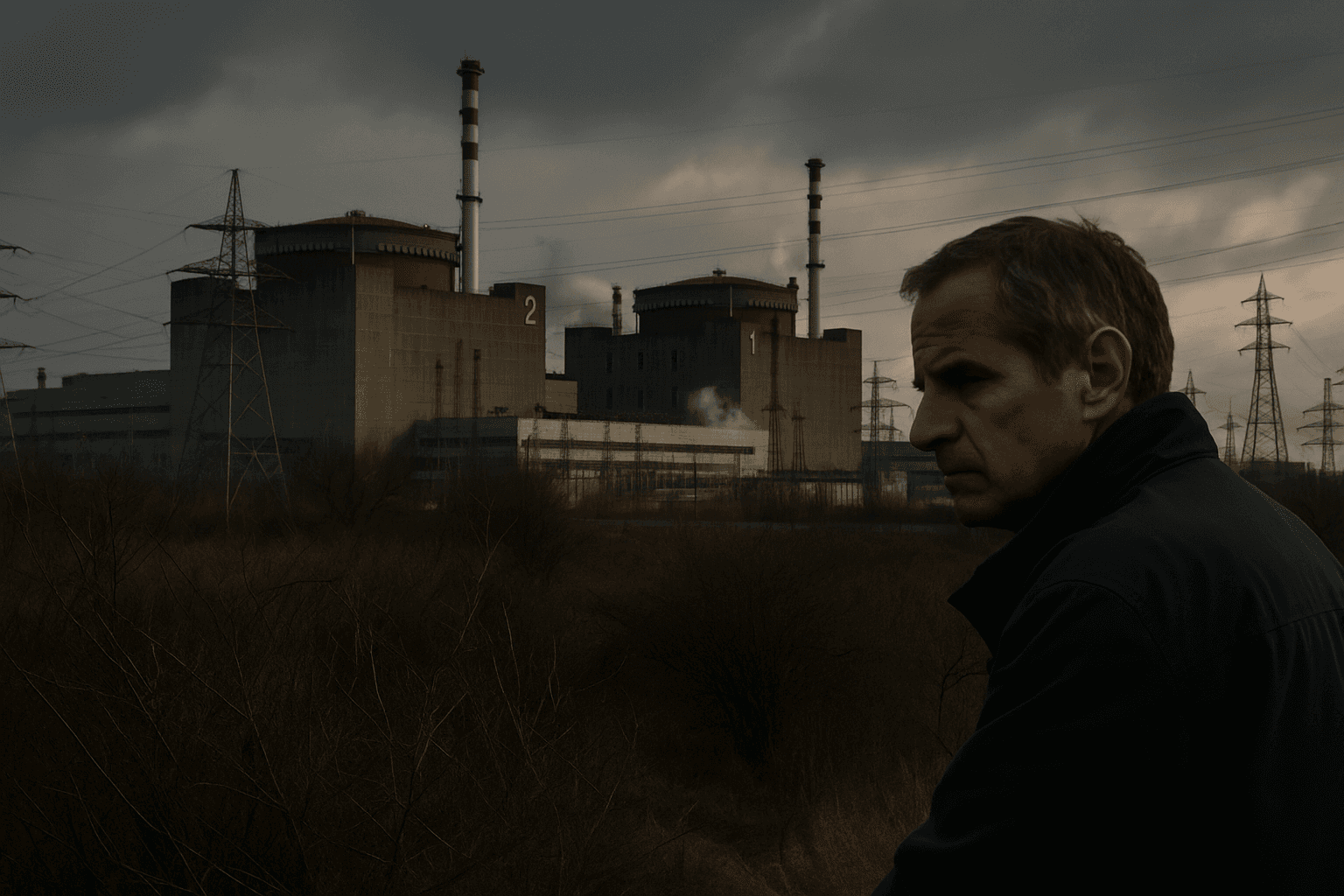IAEA Says Zaporizhzhia Needs Formal Cooperation Agreement for Safety
The IAEA told Reuters on November 25 that any peace settlement affecting the Zaporizhzhia nuclear power plant would require a formal cooperation agreement among relevant parties to guarantee safe operations. The agency said clear arrangements for staffing, fuel, maintenance, electricity supply and safeguards are essential, making nuclear safety a central test for durable resolution of the conflict.

On November 25 the International Atomic Energy Agency alerted governments and negotiators that Europe’s largest nuclear power plant would need a binding cooperation agreement among all relevant parties to secure its safety in the event of a negotiated peace settlement. The Zaporizhzhia facility, currently under Russian control, has been at the center of international concern since fighting began in the region, and the IAEA’s statement framed the plant as a complex, transnational issue that cannot be resolved by political arrangements alone.
The agency specified that arrangements must cover staffing, uninterrupted fuel supplies, routine and emergency maintenance access, restoration and resilience of external electricity connections, and robust safeguards to prevent radiological risk. Those elements reflect the multifaceted technical and legal requirements that keep a nuclear complex operational and safe. The IAEA has been engaged in efforts to secure resilient external electricity links and to maintain oversight amid the conflict, but it said these steps would need to be embedded in any wider settlement to be effective over the long term.
The practical implications are stark. Staffing arrangements would have to guarantee the presence, safety and impartiality of trained personnel, as well as contingency plans if local staff are unable to work. Fuel and maintenance access would require secure supply chains and predictable logistics in an environment where transport and infrastructure remain vulnerable. External electricity supply is crucial to prevent reactor systems and spent fuel stores from losing power, a stress identified repeatedly by nuclear experts as a key risk during armed conflict. Safeguards must be defined to allow for continuous verification and monitoring that would reassure neighboring states and the international community about radiological safety.
The IAEA’s view elevates nuclear safety from a technical sideline to a core component of diplomacy. Any agreement that leaves responsibilities vague risks creating new crises for Ukraine, Russia and their neighbors, and for European states that would bear fallout from a severe radiological incident. The need for legally enforceable mechanisms raises questions about jurisdiction, the status of the site under international law, and how to reconcile competing claims of sovereignty with the technical necessity for impartial oversight.

Implementing such an agreement will present difficult choices for negotiators. It will call for clear lines of authority for maintenance and emergency response, protected corridors for fuel and parts, immunities and protections for international personnel where needed, and financing and logistics that cannot be left to ad hoc arrangements. The IAEA’s emphasis on resilient external power highlights the link between civilian infrastructure and nuclear safety, underscoring that broader reconstruction and energy cooperation are integral to any settlement.
By articulating these requirements publicly, the agency sought to place nuclear safety at the center of diplomatic calculations rather than allowing it to be treated as an afterthought. As talks over a settlement, formal or informal, move forward, the Zaporizhzhia plant will remain a critical litmus test of whether warring parties can translate political agreement into the sustained technical cooperation necessary to protect populations across the region.


